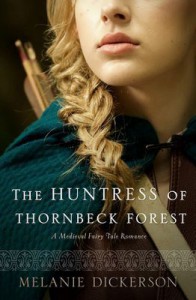Slow Burning; Leaves You Questioning

I liked that this mystery had to be solved in a certain span of time or else it would turn out to be deadly. A lot of police cases do have to be solved quickly, and to me, this was realistic. I also liked that this was not a classic case of the mystery being solved in time, because that to me is so cliche as to be a cardinal sin of writing.
The story took me a long time to read because there wasn't as much of a sense of urgency as I should like in my mystery novels. I want to be held deeply in the grips of the mystery, wanting to know and question everything. It's a bit of a disappointment, really, as the last Hillerman I read did just that.
Despite the story lacking the sense of urgency, I liked that the facts of the mystery were broken down in the end, and the perpetrator not only got his just desserts for the murders he committed, but also blacklisted from his profession as an archaeologist. That to me rings true as an archaeological technician because even getting artifacts from questionable sources is enough to get you blacklisted from the American Archaeological Association.
One thing I didn't find so realistic is, the connection between the Zuni and the Navajo tribes. I know there's a lot of animosity between most of the Pueblo tribes, including the Hopi and Tewa people, but I'm not sure about the Navajo. I didn't see much of the lack of friendliness I would have expected from the Zuni as a result, but I know Hillerman did his research, so I could very well be wrong, in this estimation.
 3
3




 3
3























